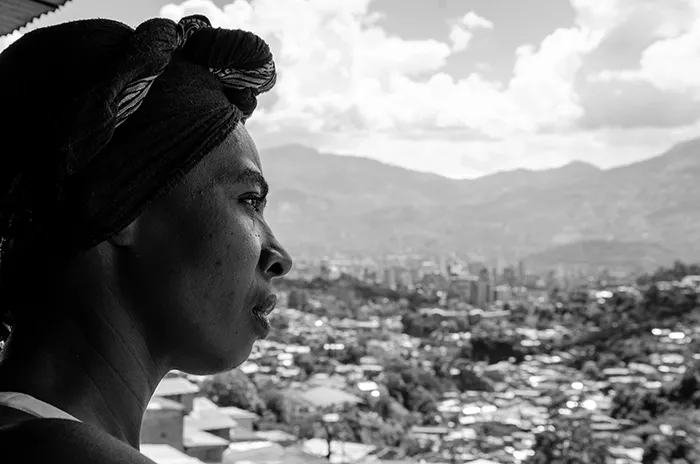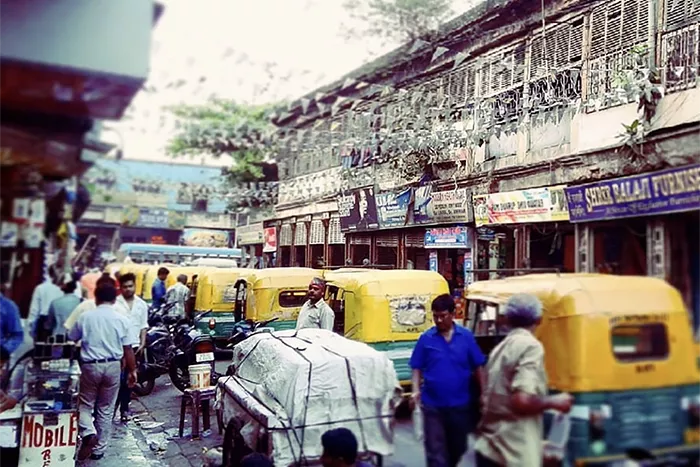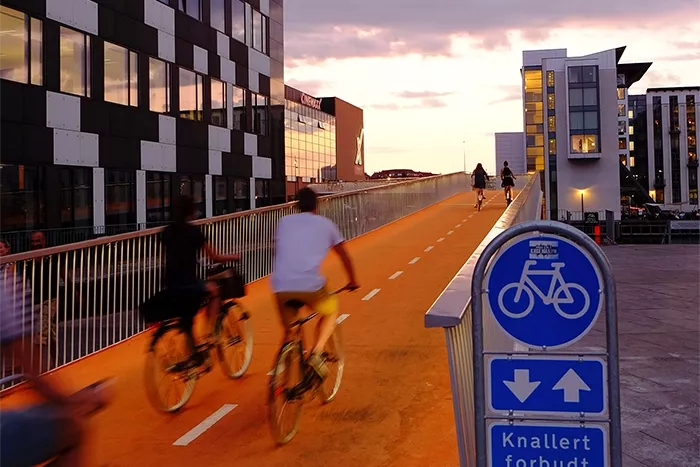TSU Seminar Series 2024
Overview
The 2024 TSU Seminar Series runs during February 2024. Recorded talks may be available to watch below after the event.
For more information about the seminar series, please contact Kirsty Ray
Seminar 1: Transport for Humans: are we getting there?

1-2pm, 1 February 2024, Online via Teams.
- Pete Dyson (University of Bath)
Pete presented key arguments and examples from Transport For Humans, how transport design too often treats people like cargo, and how behavioural sciences can help address the balance.
He reflected on his work establishing the Department for Transport’s behavioural science capability, what this signals for the private sector and academic research, and what skills and methods are needed to address contemporary challenges.
The talk shared examples from recent studies, acknowledged limitations of behavioural science and described the ways in which Transport For Humans needs to be an integrated process, not a destination.
Transport for Humans: are we getting there?
Seminar 2: Invisible

4-6pm, 8 February 2024. Main Lecture Theatre, School of Geography and the Environment, Oxford.
- Dr Valentina Montoya Robledo (TSU, University of Oxford)
A documentary short by Valentina Montoya Robledo and Daniel Gómez Restrepo.
(Spanish, with English subtitles).
Two domestic workers, Reinalda in Medellín and Belén in Bogotá, explain the challenges they face when travelling on public transport day after day from their own neighbourhoods to the communities where they work. Their long, costly and overcrowded journeys are invisible to their employers and to those that plan the public transport networks. Despite everything, they carry on with characteristic tenacity. Each day they wake up and keep a part of Colombian society going by undertaking a job that is undervalued and underpaid. They fight for a better life – for themselves, for their communities and above all for their children and grandchildren and their co-workers.
‘Invisible’ refers to something that is present but not seen.
In Colombia, the contribution of domestic workers has long been invisible, but today they are speaking out. This documentary film is part of the project ‘Invisible Commutes’ that seeks to make domestic workers’ long, and often violent, commutes more visible and to campaign for public transport that takes their needs into account.
Seminar 3: Masculinities & Everyday Morality on Public Transport

3-4pm, 15 February 2024. Online via Teams.
- Dr Romit Chowdhury (Erasmus University College)
How do we speak of gendered subjectivities in the shared spaces of urban mobility? This presentation followed the labour geographies of autorickshaw and taxi operators in the eastern Indian city of Kolkata to argue that at the intersections of everyday morality and the mores of urban commuting, a cast of gendered urban characters become identifiable. Such moral characterization, as a folk knowledge system about moving through the city in the company of strangers, becomes a measure of both urban survival strategies and gendered social inequality.
Mundane moral judgements enable transport workers and passengers to survive the protean nature of the mobile city and capture the entanglements between the private domains of family and intimacy and the public worlds of labour and commuting. The sociology of public transport offered in this presentation showed how interactions in the course of urban commuting become the locus of moral attention and how such everyday morality sustains the ideological associations between masculinity and mobility in cities.
Masculinities and Everyday Morality on Public Transport
Seminar 4: Urban Futures - the proximity revolution

4-6pm, 29 February 2024. North School, Examination Schools, University of Oxford.
- Prof Carlos Moreno (Université Paris 1 Panthéon-Sorbonne)
Prof Moreno’s lecture focused on the 15-minute city concept, a groundbreaking approach in urban planning aiming to create urban environments where all essential needs are met within a short perimeter on foot, bike ride and decarbonized mobilities This concept is rooted in reducing reliance on motor vehicles, decreasing carbon emissions, and enhancing the quality of life in urban settings.
It began with an introduction to the 15-minute city concept, exploring its origins and evolution. The concept originates from compact urban planning ideas and has evolved to incorporate aspects of sustainability, social inclusion, and resilience to climate change. This part of the talk highlighted how the concept has adapted to meet contemporary urban challenges.
The lecture then delved into the impact of this concept on urban planning and mobility. We examined how it influences neighbourhood design, the distribution of services and infrastructure, and how it is transforming transportation systems by promoting intermodality and sustainable modes of transport.
A key segment of the presentation was dedicated to international case studies. We analysed examples of cities that have integrated elements of the 15-minute city, highlighting specific strategies implemented and the outcomes achieved. This section provided insights into challenges, successes, and lessons learned, offering perspectives for adaptations in various urban contexts.
Finally, the lecture explored the potential of the 15-minute city concept. We investigated how it can transform cities under this new paradigm, focusing on the future vision of urban environments. This included integrating digital technologies and encouraging citizen participation, considering how the concept can continue to shape sustainable urban developments.
